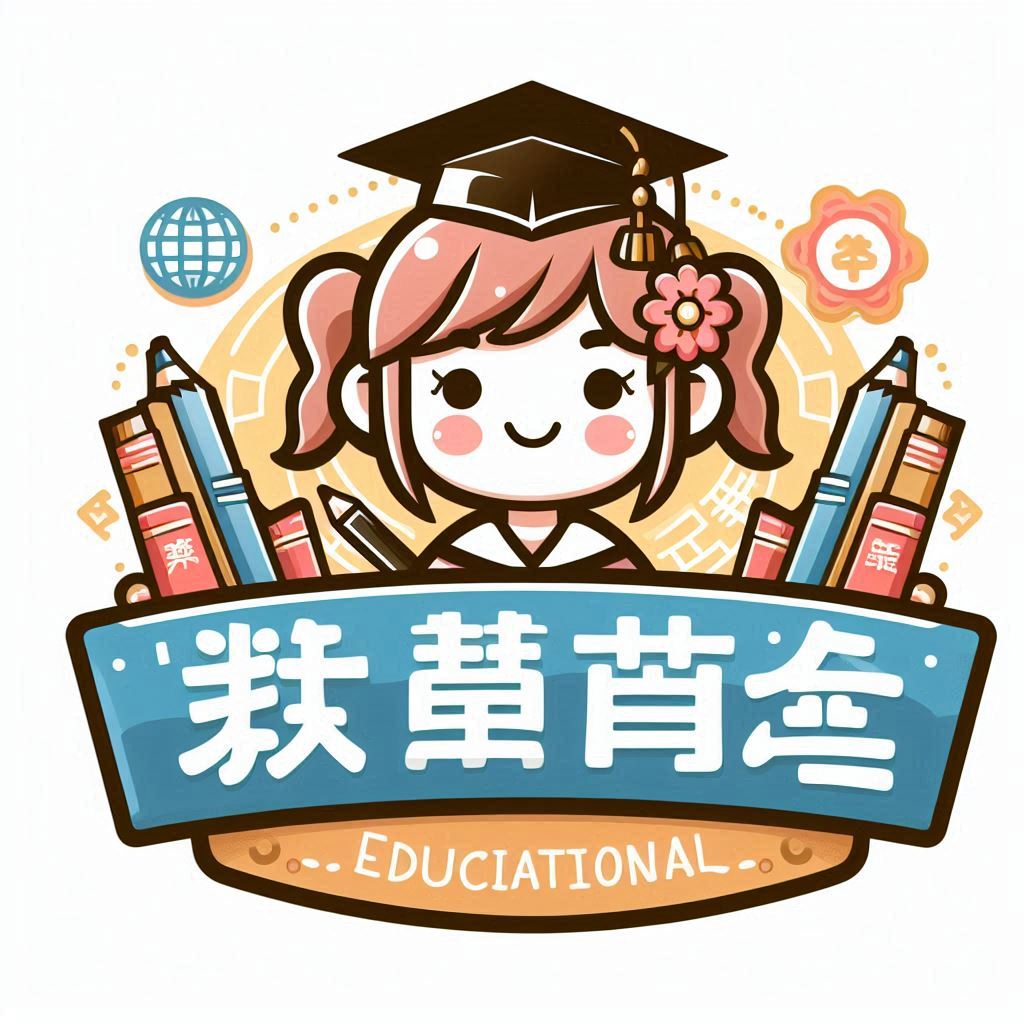Skip to content
1. 我吃饱了 (wǒ chī bǎo le) — I am full (from eating).
- Literal meaning: “I have eaten to fullness.”
- Common, natural, and polite way to say you’re full.
- Example:
- A: 你还要再来一点儿吗?(Nǐ hái yào zài lái yīdiǎnr ma?) — Do you want some more?
- B: 我吃饱了,谢谢!(Wǒ chī bǎo le, xièxiè!) — I’m full, thank you!
2. 我饱了 (wǒ bǎo le) — I’m full.
- Shorter, casual version of “我吃饱了.”
- Often used in informal situations.
- Example:
- A: 还吃吗?(Hái chī ma?) — Still eating?
- B: 我饱了。(Wǒ bǎo le.) — I’m full.
3. 吃得很饱 (chī de hěn bǎo) — Ate until very full.
- Used to describe how much you ate, often reflective.
- Example:
- 今天中午吃得很饱。(Jīntiān zhōngwǔ chī de hěn bǎo.) — I ate a lot at lunch today.
4. 我已经吃饱了 (wǒ yǐjīng chī bǎo le) — I’m already full.
- Adds “已经” (already) for emphasis when refusing more food politely.
- Example:
- A: 再来一点儿?(Zài lái yīdiǎnr?) — Want some more?
- B: 我已经吃饱了。(Wǒ yǐjīng chī bǎo le.) — I’m already full.
5. 吃撑了 (chī chēng le) — I overate / ate too much!
- Very casual/slang, used when you’re overly full, sometimes uncomfortably so.
- Example:
- 今天吃撑了,走不动了!(Jīntiān chī chēng le, zǒu bú dòng le!) — I ate way too much today, can’t even move!
6. 我不饿了 (wǒ bú è le) — I’m not hungry anymore.
- Indirect way to say you’re full, softer/more polite in some situations.
- Example:
- A: 要不要再吃点?(Yào bù yào zài chī diǎn?) — Want to eat a bit more?
- B: 我不饿了,谢谢!(Wǒ bú è le, xièxiè!) — I’m not hungry anymore, thank you!
⚙️ Summary of different phrases:
| Mandarin | Pinyin | Meaning | Usage |
|---|
| 我吃饱了 | wǒ chī bǎo le | I’m full | Common, polite |
| 我饱了 | wǒ bǎo le | I’m full | Casual |
| 吃得很饱 | chī de hěn bǎo | Ate until very full | Descriptive |
| 我已经吃饱了 | wǒ yǐjīng chī bǎo le | I’m already full | Emphatic, polite |
| 吃撑了 | chī chēng le | Overate, ate too much | Slang, casual |
| 我不饿了 | wǒ bú è le | I’m not hungry anymore | Indirect, polite |

